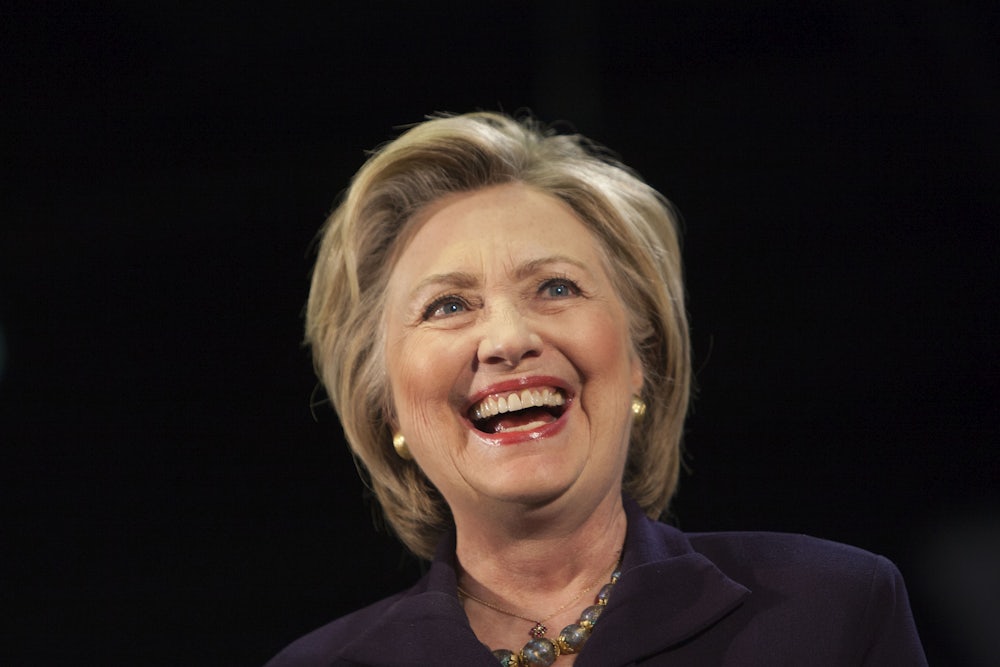There’s a lot to unpack in Rebecca Traister’s sympathetic profile of Clinton in New York magazine, which meets its self-assigned challenge of invoking “some version of Hillary Clinton that we haven’t seen before.” It does this by placing Clinton in a broader context, showing how the world’s hostile response to women in politics has not only shaped her, but defined her in ways that are beyond her control. She’s a workhorse, not a show horse. She’s guarded and false, not “authentic.” She is not a leader, at least not the kind we are used to. One anecdote that stood out:
The sexism is less virulent now than it was in 2008, she said, but still she encounters people on rope lines who tell her, “‘I really admire you, I really like you, I just don’t know if I can vote for a woman to be president.’ I mean, they come to my events and then they say that to me.”
Traister is arguing for a new, more generous way of seeing Clinton, which runs against Donald Trump’s instinct to portray her as a corrupt, hyper-ambitious, Vince Foster-killing psychobitch. The profile doubles as a commentary on the media, suggesting that the press, led by The New York Times, has lost the forest for the trees numerous times in a desperate bid to produce stories about a candidate who won’t give reporters anything. Still, for a figure as familiar as Clinton, getting voters to give her a fresh look would be the most improbable of feats.
